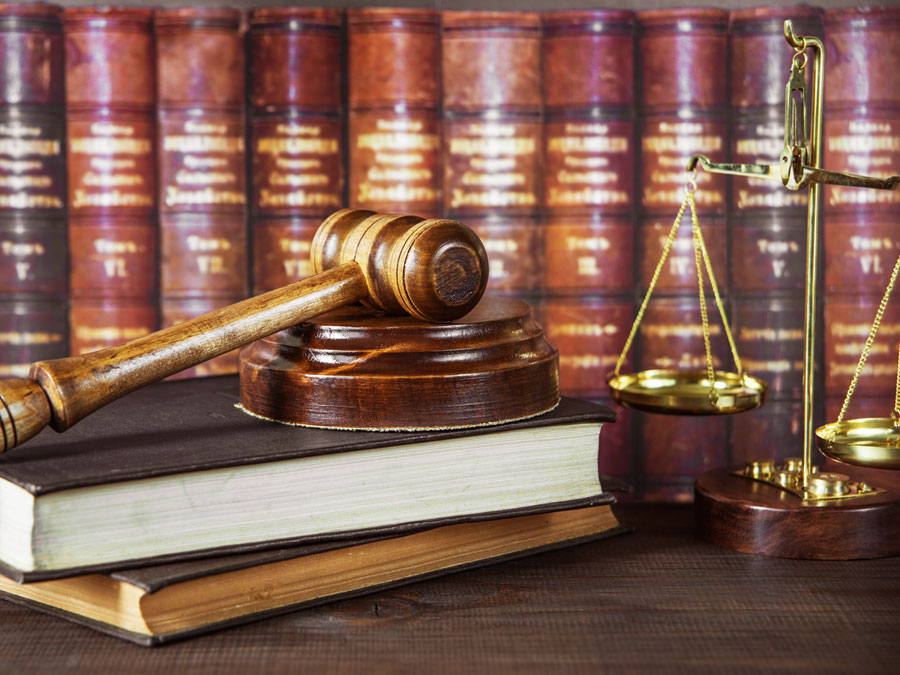Unveiling the impact of your zip code on water hardness levels and its influence on household cleaning. Have you ever wondered why some areas struggle to know Water Hardness By Zip Code with stubborn stains and lousy lathering, while others don’t? In this blog post, we’ll explore how your location affects water hardness and the challenges it brings for keeping things squeaky clean.

Content
Regional Variances in Water Hardness
Water hardness levels can vary significantly from one region to another, presenting unique challenges for households across the country. Let’s delve into the reasons behind these regional differences and explore some examples that highlight varying degrees of water hardness.
Analyzing hard water prevalence across different regions:
When we examine different states or areas, it becomes evident that water hardness is not uniform. Some locations experience higher levels of mineral content in their water sources than others.
Examples from various states/areas with varying degrees of hardness:
For instance, areas like Texas and Arizona often face considerable issues with hard water due to high mineral concentrations in their groundwater sources. On the other hand, regions such as Vermont or Oregon tend to have softer water due to lower mineral content.
Possible reasons behind regional differences:
Several factors contribute to these regional variances in water hardness.
Climate conditions impacting rainfall patterns and groundwater recharge rates:
Regions with low precipitation may experience less flushing of minerals from their soil into groundwater sources. As a result, minerals accumulate over time and lead to harder water.
Geological variations between regions leading to contrasting mineral content:
Different geological formations give rise to diverse types of rocks and soils containing varying amounts of minerals. When rainwater percolates through these formations, it picks up dissolved minerals along the way, resulting in differing levels of water hardness.
Impact on Household Cleaning
Hard water can wreak havoc on your household cleaning routine, causing various frustrating effects. Let’s explore the challenges you may encounter when dealing with hard water in everyday tasks.
Effects of hard water on common household tasks:
Laundry challenges (fading colors, stiff fabrics):
When washing clothes with hard water, you might notice that colors fade more quickly than usual. The minerals present in hard water can react with detergents and fabric dyes, causing them to break down and resulting in dull-looking clothes. Additionally, hard water can leave behind mineral deposits that make fabrics feel stiff and rough.
Streaks, spots, and residue left during dishwashing:
If you’ve ever experienced dishes coming out of the dishwasher covered in streaks or spots despite using detergent, chances are it’s due to hard water. The minerals present in the water can combine with soap residue to form unsightly deposits on glassware and cutlery.
Difficulty in lathering soap/shampoo while bathing or washing hands:
One noticeable effect of hard water is its reduced ability to create a rich lather with soaps and shampoos. This makes it harder to effectively cleanse your skin or hair as the soap struggles to foam up properly.
Increased use/consumption of cleaning agents due to reduced effectiveness in hard water:
Because detergents have a harder time working efficiently in high-mineral content waters, you may find yourself using more laundry detergent or dishwashing liquid than recommended just to achieve satisfactory results. This not only leads to increased expenses but also contributes unnecessarily to environmental waste.
Coping with Water Hardness Challenges
Dealing with the challenges posed by water hardness requires proactive measures and appropriate solutions. Let’s explore some practical ways to cope with hard water issues effectively.
Testing for water hardness at home using DIY kits or professional services:
Determining the level of water hardness in your home is crucial to guide you toward suitable solutions. You can opt for DIY test kits readily available in stores or seek professional assistance from experts who specialize in analyzing water quality.
Implementing appropriate solutions based on test results:
a) Installation/use of whole-house/water softening systems/filters/treatment methods like ion exchange/resin filters/reverse osmosis system/magnetic devices/etc., depending upon severity/budget constraints/other considerations:
Once you have identified the extent of your hard water problem, it’s time to consider permanent solutions. Whole-house or point-of-entry systems that employ techniques such as ion exchange, resin filters, reverse osmosis, or magnetic devices can effectively reduce water hardness levels throughout your entire home. The specific choice depends on the severity of the issue, budget limitations, and any other relevant factors.
b) Utilizing water conditioners or additives to improve cleaning efficiency:
In cases where a complete system installation may not be feasible immediately, there are interim options available. Water conditioners or additives designed specifically for combating hard water can enhance cleaning efficiency by minimizing mineral buildup and reducing soap scum formation. These products work by binding minerals present in hard water, preventing them from interfering with soaps and detergents’ effectiveness.
Conclusion
Understanding how your zip code impacts water hardness is essential in tackling the cleaning challenges that arise. By recognizing regional variances and their effects on household tasks, you can take proactive steps to cope with hard water issues effectively. Don’t let water hardness dampen your cleaning efforts—address it head-on for a sparkling home!
FAQs
u003cstrongu003eCan’t I just rely on the taste or appearance of my water to determine its hardness level?u003c/strongu003e
While taste and appearance can sometimes give you a general idea, they are not reliable indicators of water hardness. Testing your water using DIY kits or professional services is the most accurate way to measure hardness levels.
u003cstrongu003eWill installing a simple filter on my faucet solve the hard water problem in my zip code area?u003c/strongu003e
Basic filters may improve taste and remove some impurities, but they are generally not effective in addressing water hardness issues. To effectively combat hard water challenges, whole-house systems or specialized treatment methods like ion exchange or reverse osmosis might be necessary.
u003cstrongu003eIf I use more detergent than recommended, won’t that compensate for the effects of hard water on cleaning efficiency?u003c/strongu003e
Using excessive amounts of detergent is not an ideal solution for dealing with hard water challenges as it can lead to wastage and potential environmental harm. It’s best to address the root cause by implementing appropriate solutions tailored to your specific situation, such as utilizing whole-house softening systems or additives designed for hard water conditions.

Gina Jordan is a health blog author who has been writing about healthy living since 2013. She started her journey by adopting a vegan diet and eating only organic foods, but the more she learned, the more she realized that we should all be eating plant-based diets exclusively. As an expert in nutrition and wellness, Gina blogs to educate readers on how they can live happier and healthier lives through food choices!












